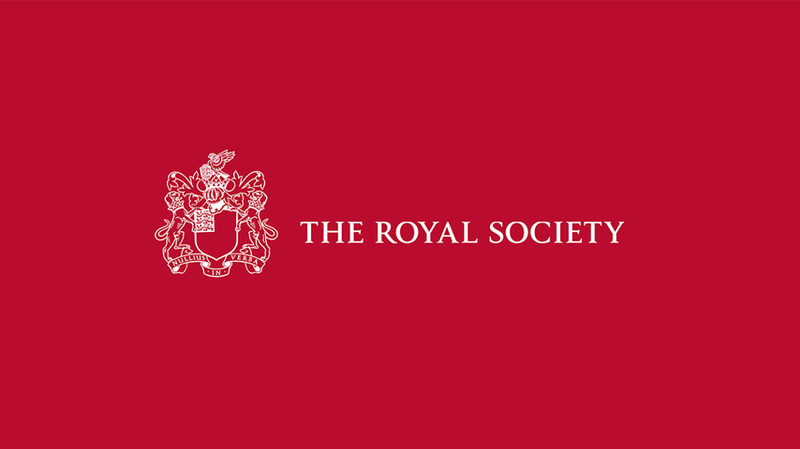The Royal Society

The Royal Society is a Fellowship of many of the world's most eminent scientists and is the oldest scientific academy in continuous existence.
The Royal Society has three roles that are key to fulfilling its purpose:
- Charity: As a registered charity, the Royal Society undertakes a range of activities that provide public benefit either directly or indirectly. These include providing financial support for scientists at various stages of their careers, funding programmes that advance understanding of our world, organising scientific conferences to foster discussion and collaboration, and publishing scientific journals.
Read more about the Royal Society’s charitable work.
- Fellowship: As an independent Fellowship made up of the most eminent scientists, engineers and technologists from across the scientific landscape, the Society recognises excellence and elects Fellows and Foreign Members from all over the world. Fellows and Foreign Members are elected for life through a peer review process on the basis of excellence in science. There are currently approximately 1,800 Fellows and Foreign Members, including around 85 Nobel Laureates. Each year up to 73 Fellows and up to 24 Foreign Members are elected from a group of around 800 candidates who are proposed by the existing Fellowship.
Read more about the Royal Society’s Fellowship and Foreign Membership.
- National academy: As a national academy, the Society represents the UK research community and collaborates with international partners to advocate for science and its benefits. It provides authoritative and independent advice on matters of science that support the public good, including policies that promote excellent science and scientific issues that inform public policy.
Read more about the Royal Society’s convening and influencing work.
